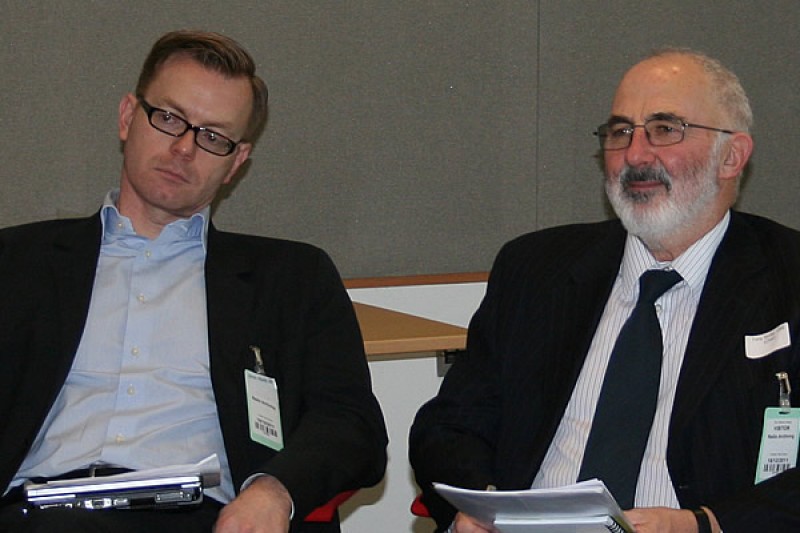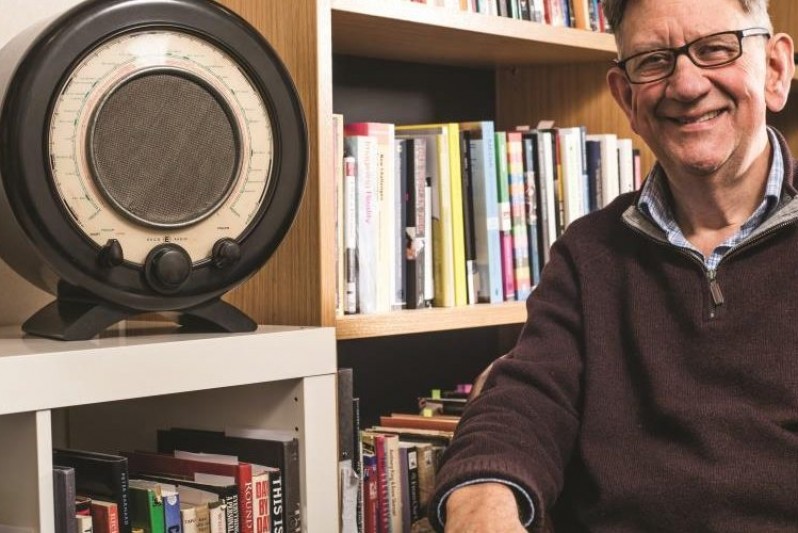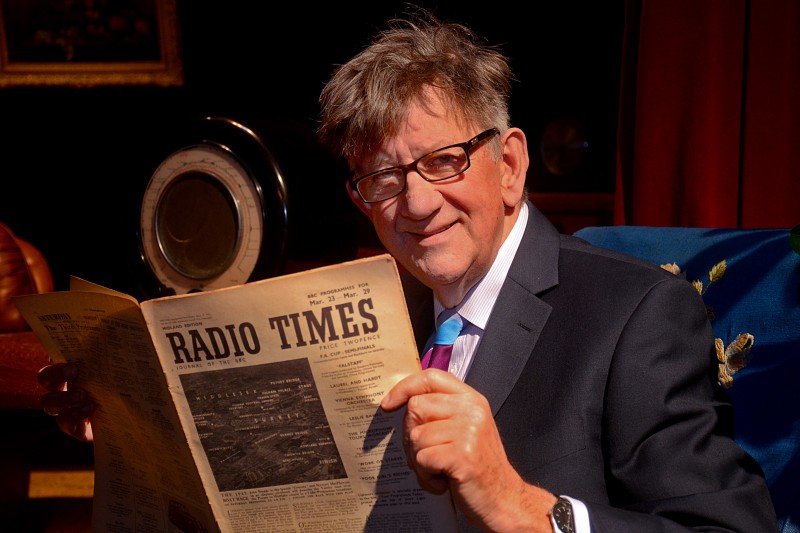The Centre for Media History (CMH) has won over £1 million in grants to digitise radio collections. Together with published output this has created the leading academic centre for radio history.
Research by Professor Hugh Chignell, Professor Sean Street, Rob Turnock and Particia Holland is based on the detailed analysis of audio-visual and written archives.
This pioneering work has revealed the intellectual and cultural value of recorded twentieth century radio and television. It has facilitated successful grant applications to digitise selected collections.
One of the lessons learned from this research is that old radio programming has value. It provides a revealing insight into British culture, which has hitherto been seriously neglected.
In December 2011 BU hosted a summit attended by representatives from the British Library, Ofcom, the BBC, Danish archives, regional archives and UK higher education institutions. BU researchers presented a summary of their findings, stating why radio archives needed to be more readily available. At the summit the UK Radio Archives Advisory Committee (UKRAAC) was born, with Chignell as chair.
Publications
At the time of the case study’s publication:
Soon after the establishment of UKRAAC, the BBC agreed to give the British Library’s 16,000 daily users access to their digital catalogue (the ‘BBC Pilot Project’). This archive had previously been completely inaccessible. It was made available online via the Library’s computers in January 2013.
Access to archives offers wide-reaching benefits to culture and the economy, as well as applied use in education and the radio industry:
- Education. Archives are a rich primary source material for teachers. Using digital archives also fosters digital literacy, which is an important social benefit at a time when the UK strives to be a leader in the creative industries.
- Radio industry. The archives are a valuable learning tool and inspirational resource for creative minds developing new programming and technologies.
- Economic. Acentralised archive would be a single cost-effective solution for the radio industry. Archives facilitate programme and content sharing between different industry sectors, opening new outlets and markets for production.
- Cultural. This resource offers the public a reservoir of 21st century entertainment to enjoy.
The British Library had aspired to be the ‘national radio archive’ for some time and the BU initiative has provided the academic stamp of approval to help make that a reality. Access to the BBC’s sound archive catalogue was a significant milestone, with subsequent economic, cultural, industry and educational benefits already emerging.
 L-R: Simon Rook (BBC) and Tony Stoller (BU) at an archives summit held at the British Library.
L-R: Simon Rook (BBC) and Tony Stoller (BU) at an archives summit held at the British Library. 
